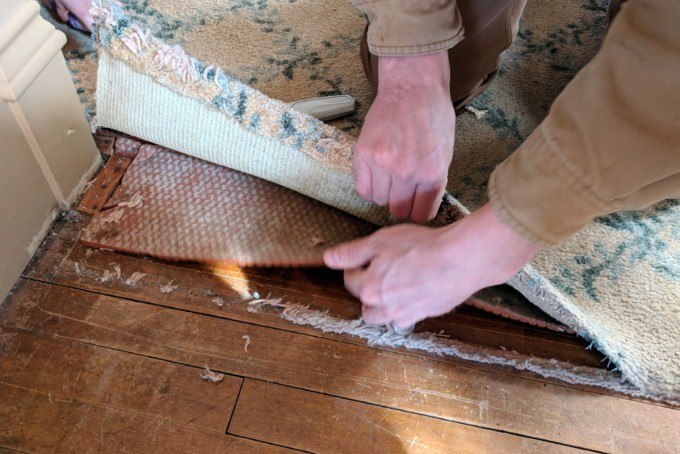For Sale By Owner for Sellers and Buyers

Some homeowners think they’ll be saving a ton of money by choosing to sell their home themselves, and unless they’re a real estate agent, that may be so. If you are interested in a house that is offered for sale by the owner (FSBO) what’s the risk for you? Read on to find out why it’s not a good idea for seller or buyer:
Sellers
-
- According to realtor.comⓇ, the listing agent and buyer’s agent split about 6% of the home’s sale price. You’ll need to calculate how much it costs you to stage and photograph your home, get an MLS number, market the house, take time from work to schedule showings as well as host the showings, do all of the paperwork involved, and contact and pay attorneys and others who are involved in a home sale, and compare it to the commission you believe you’ll give up to an agent.
-
- To be fair, the seller should offer a 3% commission to the buyer’s agent. Otherwise, most agents won’t bring anyone who’s interested to your home for a showing.
-
- Sellers are responsible for any mistakes that have occurred once the transaction is in motion. If you don’t purchase errors and omissions insurance, you may end up paying out of pocket in court or settle out of court for those mistakes.
-
- Pricing your home takes more than just an online search for sold homes in your area, and not only can you overprice your house, but you can lose thousands by underpricing.
-
- Scammers abound and can cost you in many ways. These criminals target FSBO homeowners, because the scammers are savvy enough to make their offer look legitimate.
Buyers
-
- Beware the owner’s asking price. Since the majority of FSBO sellers don’t have the experience to set a good market value on their home, their quote will likely be too high.
-
- Be prepared to wait some time to see the home. Most homeowners have full-time jobs, and you’ll have to view the home on their time, with them as your host.
-
- If a seller tells you their house is in perfect condition, and you can save money by not hiring an inspector, walk away. Every house even brand-new houses should be inspected before changing hands.
-
- Ask the seller what fees they plan on paying, and in the case that they ask to share the costs with you, it’s time to find another house.
-
- Do your own research on the house, make sure the person you’ve talked with is the actual owner, and proceed with caution. There are scams that involve an empty house, FSBO signs, and scammers who will take your money and run, because they aren’t the rightful owner.
The best advice: hire a RealtorⓇ. Not only are they the ones taking the risk in selling your home (or not), licensed real estate agents know everything you don’t know about selling and purchasing, devote all their working hours to home-buying, and can protect your investment as well as a buyer’s interests.
Courtesy of New Castle County DE Realtors Tucker Robbins and Carol Arnott Robbins













